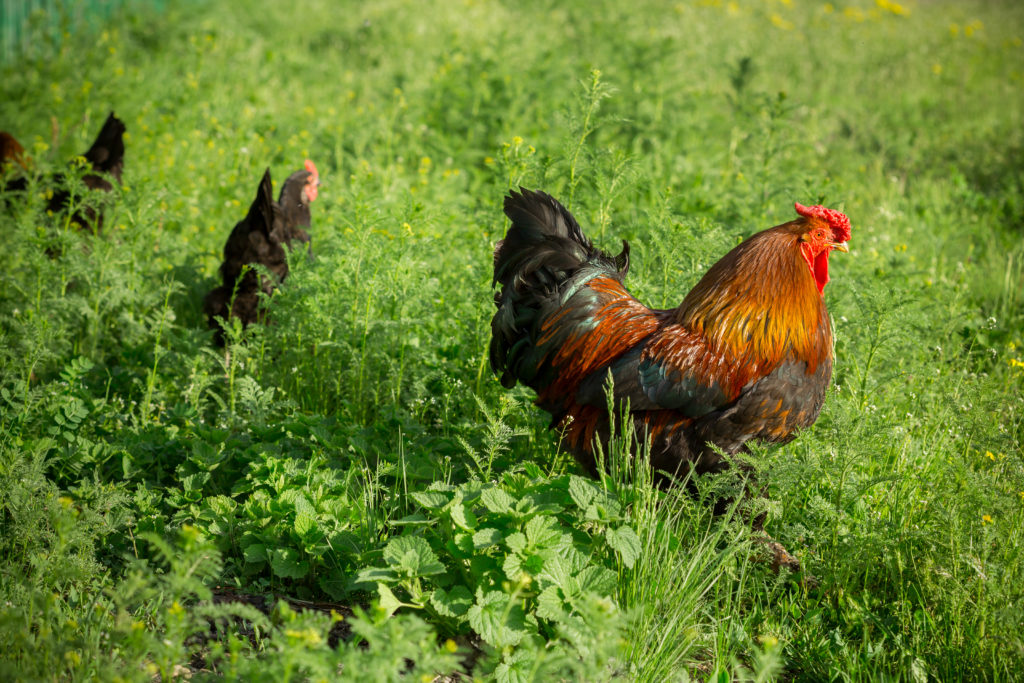Farm-based Livelihoods Introduction
Sustain Plus works with grassroots partners to identify specific need gaps in agriculture, forest-based livelihoods and livestock management such as lack of energy access for regular water supply, poly-houses and nurseries, cold storage facilities for vegetables and vaccines, technology for value-added products, etc. These gaps are addressed through customized interventions and micro-entrepreneurial solutions that help create efficient and sustainable end-to-end value chains operating seamlessly from farm to market. With a focus on women, Sustain Plus supports smallholder farmers in underserved areas and tribal communities across India by lessening farm drudgery, making livelihoods productive and profitable, and creating an enabling livelihoods ecosystem where farmers can prosper.
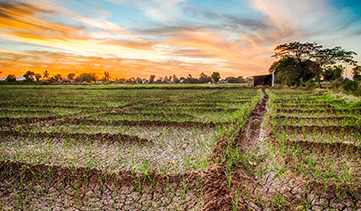
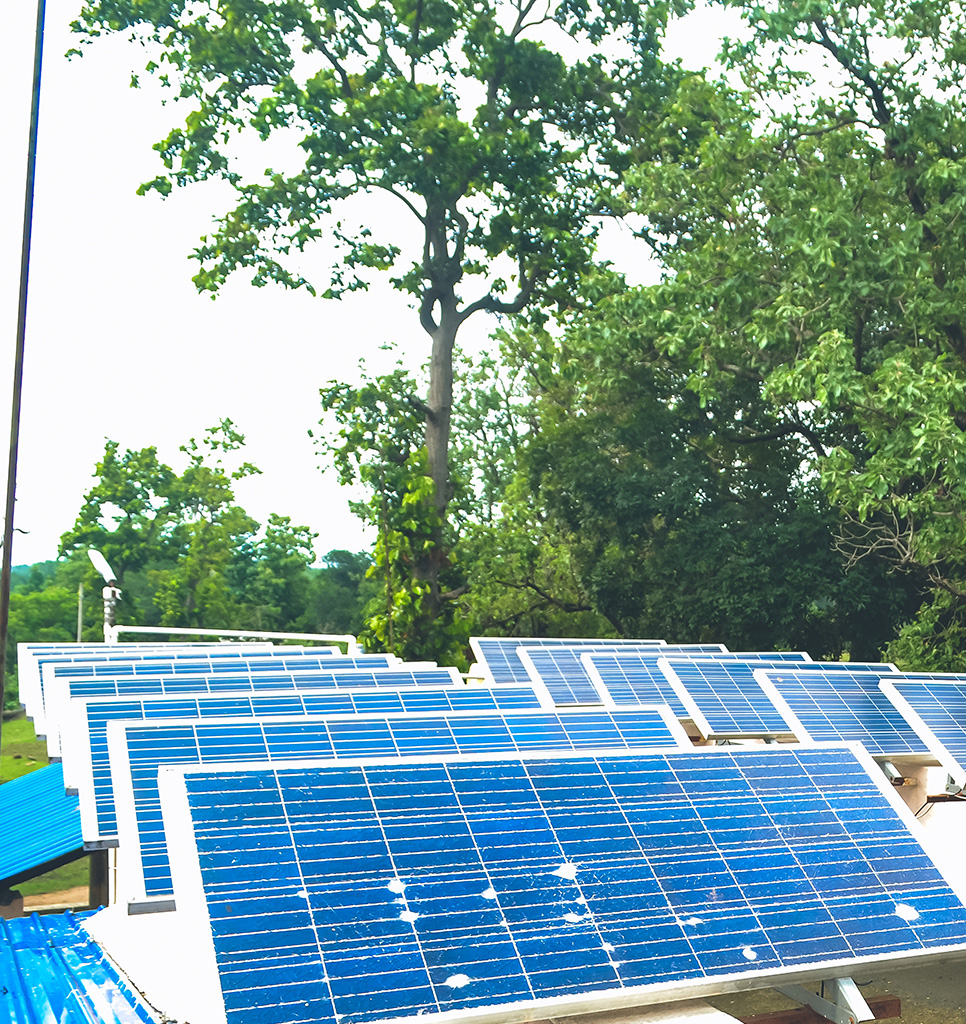
Need Gaps
The farm sector provides the largest share of livelihoods in rural India where the role of energy in cultivation such as field preparation, irrigation, manure and post-harvest management as well as in livestock (dairy, goatery, and poultry) management is substantial. Due to erratic electricity supply, increased drudgery across the value chain, and high recurring cost on diesel that reduce overall income, smallholder farmers and tribal communities in remote regions are unable to access finance and appropriate technology solutions to enhance their livelihoods. They continue to use out-dated agricultural practices and livestock management techniques that keep them trapped in a cycle of poverty. This is further exacerbated by a lack of access to reliable electricity sources that force farmers to rely on large landholders to meet basic water requirements for irrigation. As a result, on one hand, their land remains under-utilized generating low yield. On the other hand, labour-intensive activities result in farmers incurring higher costs and ineffective use of time, further resulting in lesser income and savings.
Our Approach
Energy plays a critical role within the larger spectrum of agriculture and allied activities. Sustain Plus integrates sustainable and efficient DRE solutions at both pre and post-harvest stages to help improve productivity, quality, and efficiency that in turn create robust value chain ecosystems.
Pre-harvest DRE Technology Solutions
- RE access to nurseries, germination chambers, poly-houses
- Access to bio-fertilizers such as biogas slurry through local enterprises
- Replacement of diesel water pumps with solar water pumps for irrigation
- Access to solar greenhouses
- Access to solar energy for households
- RE technology for drip, flood, and lift irrigation
- Technology for improved cereal and seed production
- Mechanised farm solutions
- Access to quality agri-inputs and tools
- Knowledge of integrated pest management techniques
- Operation and maintenance services
During pre-harvest, Sustain Plus supports the implementation of efficient DRE solutions such as solar irrigation pumps, water distribution and management systems, recycled waste-based organic manure, and fodder management systems. These technology solutions synergize with efforts in improving agronomic practices that enhance the quality and productivity per unit of land.
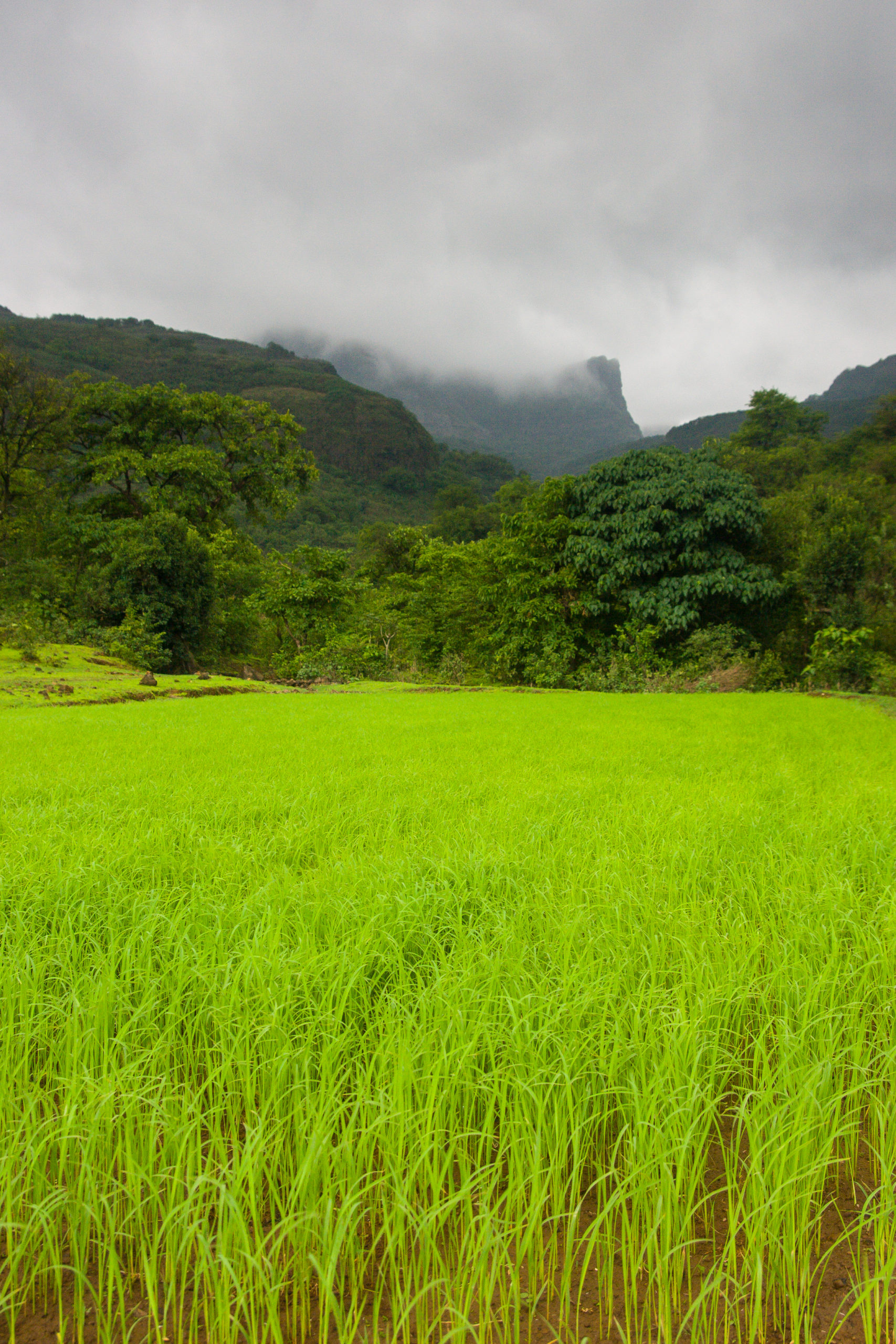
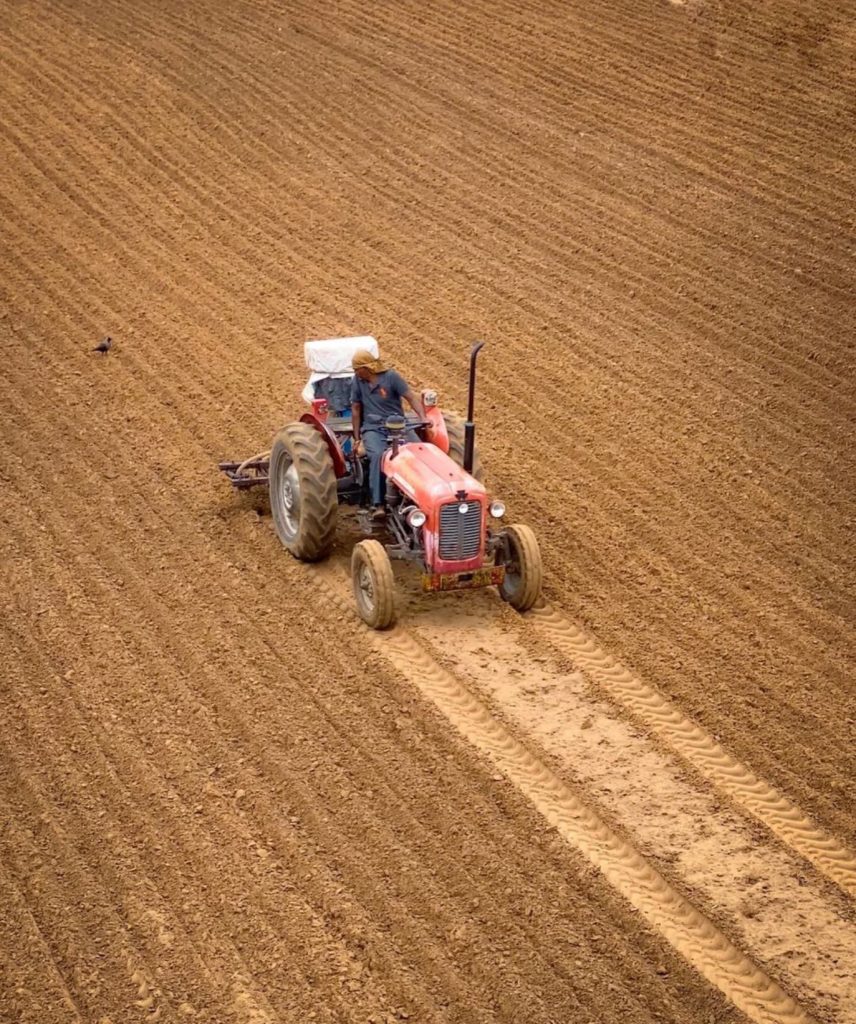
Post-harvest DRE Technology Solutions
- Access to solar dryers for value-addition of products
- Access to processing and milling machines
- Solar powered cold storage and portable cold storage units
- E-mobility logistic solutions for access to markets
- Market linkages for farm and forest-based products
Post-harvest crop management is essential in ensuring that produces reach desired markets with minimal wastage, maintain quality, and obtain optimum price for the farmer. Post-harvest requirements mainly include a need for adequate and controlled storage facilities, value-added processing solutions, and logistics to reach relevant markets. Sustain Plus supports the implementation of DRE solutions such as solar dryers, processing and milling machines, solar cold storage units with temperature control, portable cold storage units, and e-mobility based transportation solutions in an affordable and decentralized manner. These solutions are implemented at the farm gate through individual and institutional enterprises.
Dairy and poultry value chains in rural India are plagued with multiple issues including high mortality, fodder shortage, high cost of labour and drudgery in shed management, use of out-dated technologies and/or unhygienic practices, lack of access to cold storage to store milk and milk products, and poor livestock and poultry health. Sustain Plus facilitates the implementation of appropriate DRE solutions such as solar cold storage facilities, vaccine carriers, milking machines, wool shearing machines, egg incubators, energy services for better shed management, etc. to address these issues, enhance the management of livestock, and improve economic returns.
